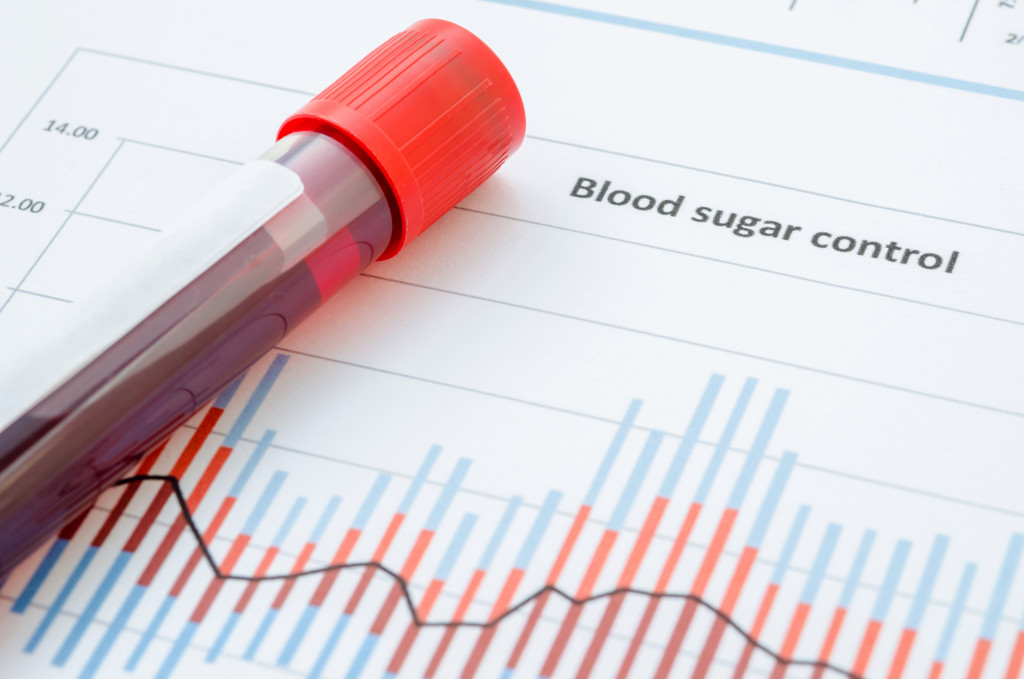• Obesity is a significant health issue in the US, impacting more than one-third of adults.
• Diabetes is another significant health concern affecting 34 million Americans, which continues to rise.
• Mental illness, including depression and anxiety, impacts millions of Americans each year.
• Your community can help by increasing health education, connecting with outreach programs, and providing access to healthcare.
• Taking the time to promote these initiatives can make a significant difference in the lives of those affected by common diseases in the US.
It’s no secret that healthcare can be a confusing and daunting topic, but it doesn’t have to be. Knowing some of the most common health problems in the United States can help you prevent them in your life or seek treatment if necessary. Here’s what you need to know about them.
Common Diseases in the U.S.
There are various diseases in the U.S. Here’s a look at the four most common health problems in the U.S. and how to address them.
Obesity
According to the Centers for Disease Control and Prevention, more than one-third (36%) of adults in the United States are obese. This means their BMI is over 30, which puts them at a higher risk for numerous other health-related issues such as heart disease, stroke, type 2 diabetes, certain types of cancer, and more.
The best way to combat obesity is by maintaining a healthy lifestyle through diet and exercise. Eating whole foods such as fruits, vegetables, lean proteins, nuts, and seeds while limiting processed foods will help you stay on track with your health goals. Regular exercise—at least 150 minutes of moderate aerobic activity per week, according to the Mayo Clinic—is also vital for keeping your weight down and staying healthy overall.

Diabetes
The National Institute of Diabetes and Digestive and Kidney Diseases estimates that around 34 million Americans have diabetes, with an additional 88 million having blood sugar levels that are higher than usual.
Diabetes occurs when there’s too much glucose in your bloodstream as insulin is not being produced or used correctly by your body; this can lead to severe complications such as vision loss or kidney damage if left untreated.
Managing diabetes means eating healthy meals regularly throughout the day while monitoring blood sugar levels closely; those with diabetes should ensure they receive appropriate amounts of carbs based on dietary needs while steering clear of sugary drinks like soda or juice. Regular physical activity is also vital; those with diabetes should aim for about 2½ hours each week, according to Harvard Medical School’s Department of Nutrition. It’s also essential that diabetics work closely with their healthcare provider to adjust medication if needed based on their individual needs or circumstances.
Mental Illness
Mental illness includes conditions like depression and anxiety which affect millions across America each year; according to Mental Health America, there are currently 44 million Americans who experience mental illness annually, with 20% experiencing a severe mental disorder at some point during their lives.
Symptoms include changes in mood, difficulty sleeping or concentrating, and feeling hopeless or irritable, often without reason, depending on the condition.
Treatment depends mainly on symptoms experienced but typically includes therapy such as cognitive-behavioral therapy (CBT), psychotherapy, counseling, or lifestyle changes, including regular exercise, which has been shown to improve mood due to endorphin release following physical activity. Anyone experiencing symptoms must seek help from a qualified mental health professional as soon as possible.

How Your Community Can Help
Handling these diseases alone can be challenging, but with the help of your community, it can be a lot easier. Here’s how your community can help:
Improve Education
Health education is crucial for the prevention and early diagnosis of health issues. Reach out to local schools, hospitals, and clinics to provide resources for information on common diseases such as diabetes or mental illness. This can give people the knowledge they need to seek help if needed.
Moreover, your community needs to increase its efforts in healthcare. Allowing people to apply to online healthcare courses can make a huge difference. These courses can help individuals understand the basics of healthcare and how to maintain their health.
Connect with Outreach Programs
Outreach programs provide food assistance, clothing drives, financial support, and more to those in need. Reach out to local organizations and ensure they have the resources available for those with common diseases such as diabetes or mental illness. These services can make a massive difference in the lives of those affected by these diseases.
Provide Access to Healthcare
Access to healthcare is essential for staying healthy; unfortunately, not everyone has this opportunity. Reach out to local hospitals and clinics to provide resources for those in need so they can get the care they deserve. This can help people in your community get the medical attention they need to stay healthy.
With help from your community, anyone can take steps towards living healthier lives and managing common diseases. Awareness of these conditions is vital in helping you, or someone else seeks treatment if needed. By taking the time to promote health education, connect with outreach programs, and provide access to healthcare, your community can help make a difference.


